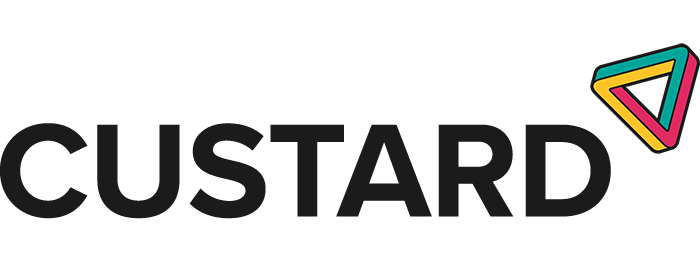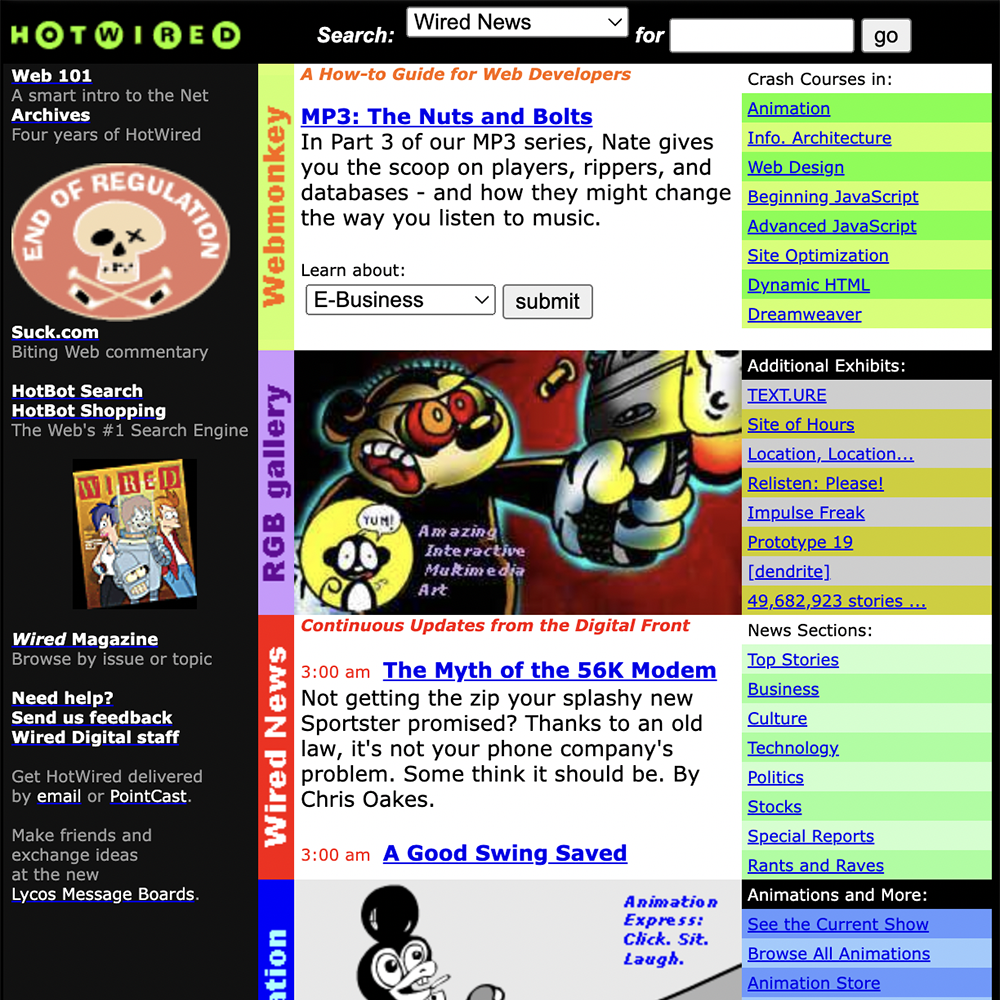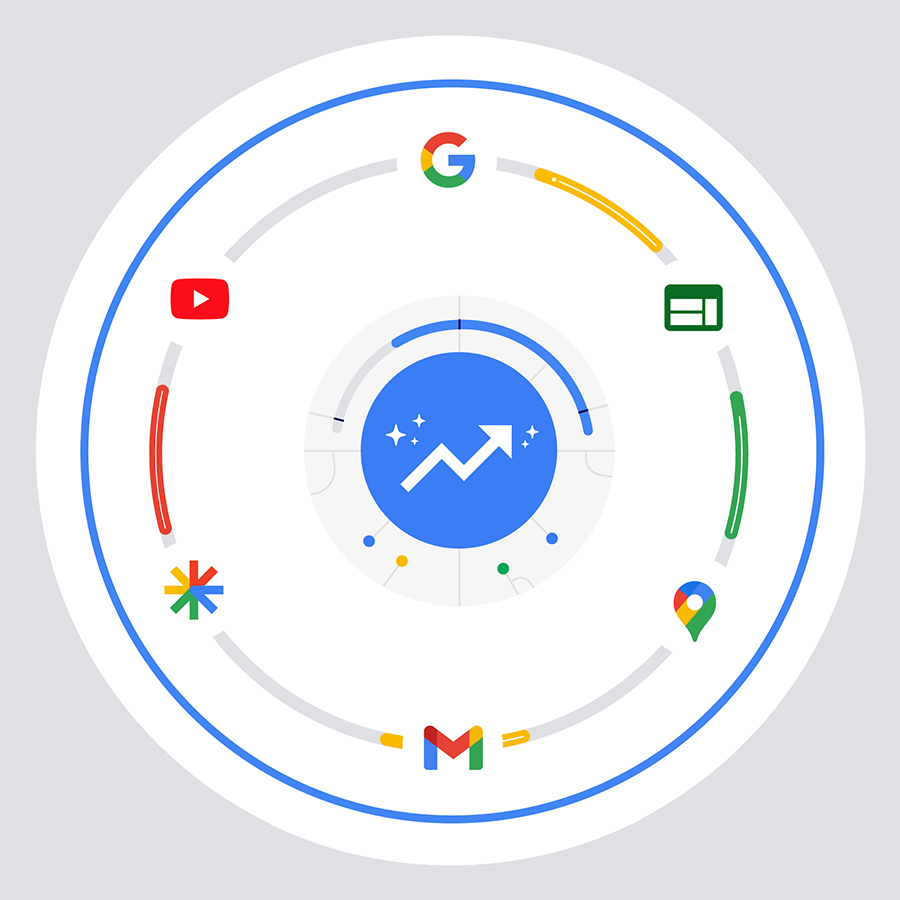
In the ever-evolving landscape of digital marketing, one term that often takes the spotlight is “paid search.” In this blog post, we will delve into the depths of paid search, exploring its definition, significance, key components, and how it fits into your overall marketing strategy. Here at Custard, a PPC consultancy agency, we know a thing or two about paid search so if you need advice on strategies, enquire now!
What is paid search?
If you’re wondering what is paid search, it is also known as Pay-Per-Click (PPC) advertising. It is a digital marketing strategy that involves advertisers paying a fee each time their ads are clicked by users on search engines like Google, Microsoft Ads or Yahoo. These ads appear prominently on search engine results pages (SERPs), typically above or alongside organic search results. Paid search enables businesses to showcase their offerings to a targeted audience actively searching for relevant products or services.
Why is paid search important?
If you’ve ever wondered ‘what is paid search’ you may have also wondered about its importance. Paid search offers a range of benefits that can significantly impact your business’s online visibility, reach, and revenue. Here’s why it’s crucial:
- Immediate Visibility: Paid search ads provide instant visibility, allowing your business to appear at the top of search results as soon as your campaign is live. This is especially beneficial for new products or time-sensitive promotions.
- Targeted Reach: Paid search enables precise audience targeting based on demographics, location, device, and even specific keywords. This ensures that your ads reach the right people at the right time.
- Measurable Results: With advanced analytics tools, you can track the performance of your paid search campaigns in real time. This data provides insights into clicks, conversions, click-through rates (CTR), and more, allowing you to optimise your campaigns for better results.
- Cost Control: Paid search campaigns can be tailored to fit various budget sizes. The pay-per-click model ensures that you only pay when someone clicks on your ad, making it cost-effective.
Components of a paid search campaign
If you’ve considered what is paid search is before, it is important to know what a successful paid search campaign involves. Several key components are working together seamlessly. Here’s a breakdown of these components:
Keywords
Keywords are the foundation of paid search campaigns. These are the terms and phrases users enter into search engines. Selecting relevant keywords ensures your ads appear when users search for products or services you offer.
Ad copy
Compelling ad copy is essential to attract users’ attention and convince them to click on your ad. Craft concise and persuasive copy that highlights the value of your offerings.
Ad extensions
Ad extensions provide additional information such as location, phone number, site links, and more within your ads. These extensions enhance the visibility of your ad and offer users more opportunities to engage with your business.
Landing pages
Once a user clicks on your ad, they’re directed to a landing page. This page should be tailored to match the ad’s content and provide a seamless user experience. A clear call-to-action (CTA) encourages users to take the desired action, such as making a purchase or filling out a contact form.
Quality score
Search engines evaluate the quality and relevance of your ads, keywords, and landing pages through a metric called the Quality Score. A higher Quality Score can lead to better ad positions and lower costs per click.
Setting up a paid search campaign
Creating an effective paid search campaign requires careful planning and execution. It generally covers the following:
- Campaign Structure: Organise your keywords into well-structured campaigns and ad groups. Each campaign should focus on a specific theme or product, while ad groups group related keywords together for targeted ad creation.
- Ad Creation: Write compelling ad copy that aligns with each ad group’s keywords and theme. Highlight unique selling points and include a strong CTA to encourage clicks.
- Landing Page Optimisation: Create dedicated landing pages that match the content of your ads. Optimise these pages for fast loading times, mobile responsiveness, and clear CTAs.
- Keyword Research: Conduct thorough keyword research to identify relevant and high-performing keywords. Utilise tools like Google Keyword Planner to uncover search volume, competition, and related terms.
- Monitoring and Optimisation: Regularly monitor your campaign’s performance metrics. Adjust bids, ad copy, and targeting as needed to improve results over time.
- Forecasting: This enables you to adjust your budget allocation for peak seasonality, or upcoming promotions for example.
- Bid Strategy: Choose a bid strategy that aligns with your campaign goals. Options include manual bidding, automated bidding, and conversion-focused bidding strategies.
- Ad Extensions: Implement relevant ad extensions to enhance your ad’s visibility and provide users with valuable information.
Paid Search vs organic search: Finding the balance
While paid search offers immediate visibility, organic search is a long-term strategy that focuses on improving your website’s rankings through search engine optimisation (SEO). Both approaches have their merits and should ideally complement each other in your overall marketing strategy. Paid search can fill in gaps when organic rankings are low, while organic search efforts contribute to sustainable, cost-free traffic over time.
Paid search with Custard
There you have it – your answers to what is paid search! In the digital age, paid search has proven to be a powerful tool for businesses looking to expand their online presence and drive conversions. Its ability to target specific audiences, provide measurable results, and accommodate various budgets makes it an essential component of a well-rounded marketing strategy. By understanding the nuances of paid search and leveraging its components effectively, businesses can reap the benefits of increased visibility, engagement, and revenue. So, don’t miss out on the opportunity to make paid search work for your business in today’s competitive online landscape.
Contact us to talk all things paid search! Do you still need some convincing? Check out our latest results to see why we’re pros in the field of paid search!
In the ever-evolving landscape of digital marketing, one term that often takes the spotlight is “paid search.” In this blog post, we will delve into the depths of paid search, exploring its definition, significance, key components, and how it fits into your overall marketing strategy. Here at Custard, a PPC consultancy agency, we know a thing or two about paid search so if you need advice on strategies, enquire now!
What is paid search?
If you’re wondering what is paid search, it is also known as Pay-Per-Click (PPC) advertising. It is a digital marketing strategy that involves advertisers paying a fee each time their ads are clicked by users on search engines like Google, Microsoft Ads or Yahoo. These ads appear prominently on search engine results pages (SERPs), typically above or alongside organic search results. Paid search enables businesses to showcase their offerings to a targeted audience actively searching for relevant products or services.
Why is paid search important?
If you’ve ever wondered ‘what is paid search’ you may have also wondered about its importance. Paid search offers a range of benefits that can significantly impact your business’s online visibility, reach, and revenue. Here’s why it’s crucial:
- Immediate Visibility: Paid search ads provide instant visibility, allowing your business to appear at the top of search results as soon as your campaign is live. This is especially beneficial for new products or time-sensitive promotions.
- Targeted Reach: Paid search enables precise audience targeting based on demographics, location, device, and even specific keywords. This ensures that your ads reach the right people at the right time.
- Measurable Results: With advanced analytics tools, you can track the performance of your paid search campaigns in real time. This data provides insights into clicks, conversions, click-through rates (CTR), and more, allowing you to optimise your campaigns for better results.
- Cost Control: Paid search campaigns can be tailored to fit various budget sizes. The pay-per-click model ensures that you only pay when someone clicks on your ad, making it cost-effective.
Components of a paid search campaign
If you’ve considered what is paid search is before, it is important to know what a successful paid search campaign involves. Several key components are working together seamlessly. Here’s a breakdown of these components:
Keywords
Keywords are the foundation of paid search campaigns. These are the terms and phrases users enter into search engines. Selecting relevant keywords ensures your ads appear when users search for products or services you offer.
Ad copy
Compelling ad copy is essential to attract users’ attention and convince them to click on your ad. Craft concise and persuasive copy that highlights the value of your offerings.
Ad extensions
Ad extensions provide additional information such as location, phone number, site links, and more within your ads. These extensions enhance the visibility of your ad and offer users more opportunities to engage with your business.
Landing pages
Once a user clicks on your ad, they’re directed to a landing page. This page should be tailored to match the ad’s content and provide a seamless user experience. A clear call-to-action (CTA) encourages users to take the desired action, such as making a purchase or filling out a contact form.
Quality score
Search engines evaluate the quality and relevance of your ads, keywords, and landing pages through a metric called the Quality Score. A higher Quality Score can lead to better ad positions and lower costs per click.
Setting up a paid search campaign
Creating an effective paid search campaign requires careful planning and execution. It generally covers the following:
- Campaign Structure: Organise your keywords into well-structured campaigns and ad groups. Each campaign should focus on a specific theme or product, while ad groups group related keywords together for targeted ad creation.
- Ad Creation: Write compelling ad copy that aligns with each ad group’s keywords and theme. Highlight unique selling points and include a strong CTA to encourage clicks.
- Landing Page Optimisation: Create dedicated landing pages that match the content of your ads. Optimise these pages for fast loading times, mobile responsiveness, and clear CTAs.
- Keyword Research: Conduct thorough keyword research to identify relevant and high-performing keywords. Utilise tools like Google Keyword Planner to uncover search volume, competition, and related terms.
- Monitoring and Optimisation: Regularly monitor your campaign’s performance metrics. Adjust bids, ad copy, and targeting as needed to improve results over time.
- Forecasting: This enables you to adjust your budget allocation for peak seasonality, or upcoming promotions for example.
- Bid Strategy: Choose a bid strategy that aligns with your campaign goals. Options include manual bidding, automated bidding, and conversion-focused bidding strategies.
- Ad Extensions: Implement relevant ad extensions to enhance your ad’s visibility and provide users with valuable information.
Paid Search vs organic search: Finding the balance
While paid search offers immediate visibility, organic search is a long-term strategy that focuses on improving your website’s rankings through search engine optimisation (SEO). Both approaches have their merits and should ideally complement each other in your overall marketing strategy. Paid search can fill in gaps when organic rankings are low, while organic search efforts contribute to sustainable, cost-free traffic over time.
Paid search with Custard
There you have it – your answers to what is paid search! In the digital age, paid search has proven to be a powerful tool for businesses looking to expand their online presence and drive conversions. Its ability to target specific audiences, provide measurable results, and accommodate various budgets makes it an essential component of a well-rounded marketing strategy. By understanding the nuances of paid search and leveraging its components effectively, businesses can reap the benefits of increased visibility, engagement, and revenue. So, don’t miss out on the opportunity to make paid search work for your business in today’s competitive online landscape.
Contact us to talk all things paid search! Do you still need some convincing? Check out our latest results to see why we’re pros in the field of paid search!





